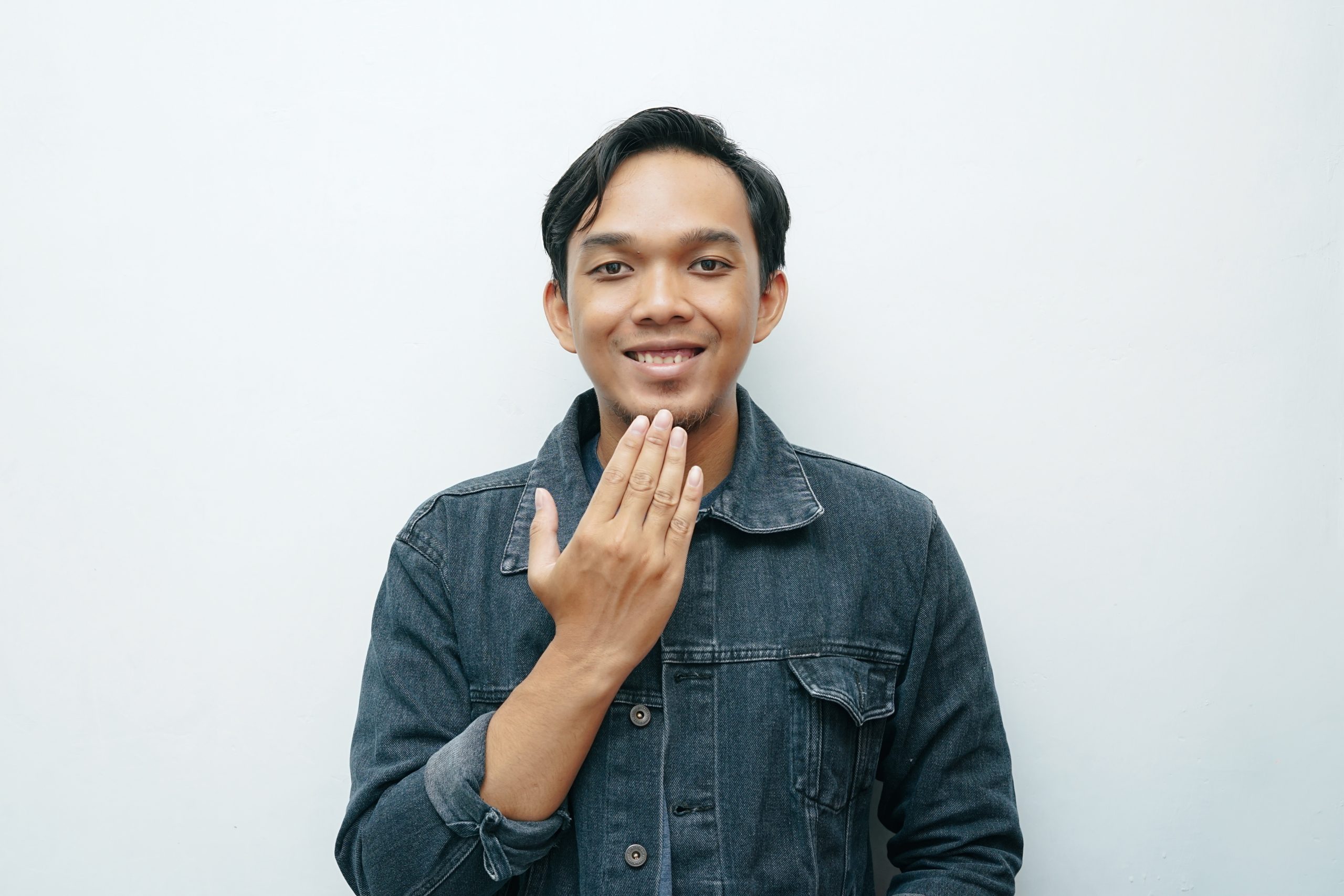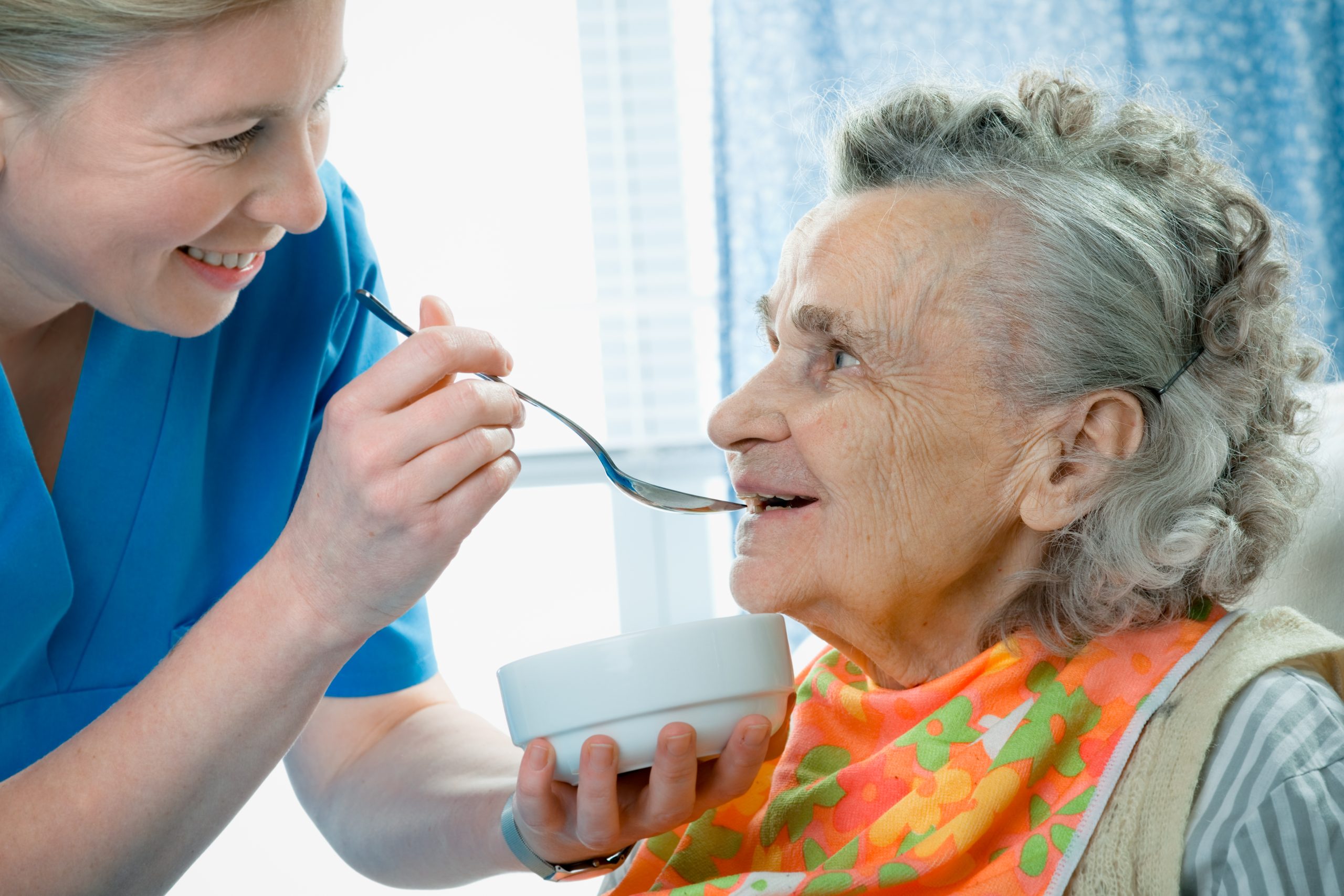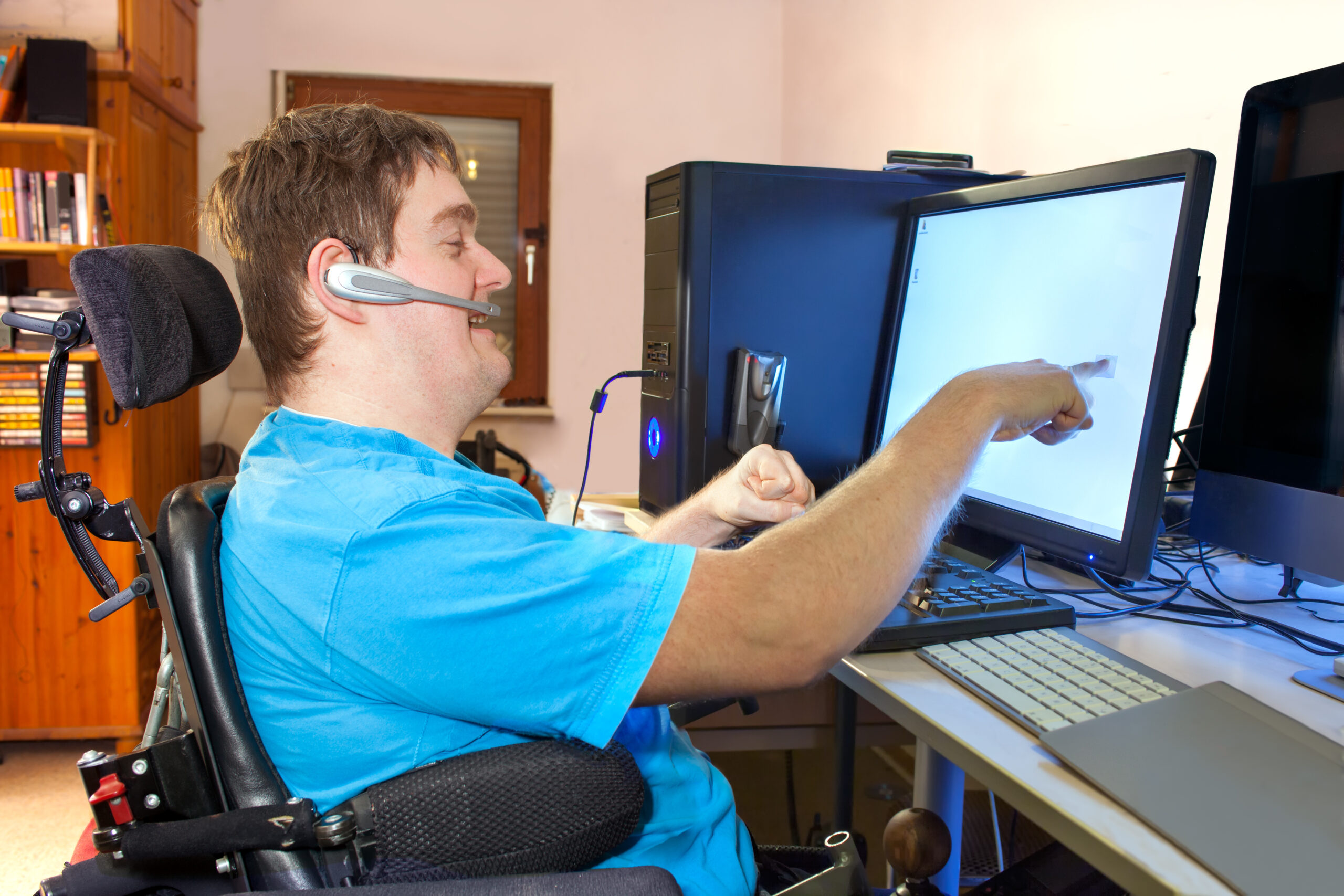Ever stopped to think about the importance of your oral hygiene? That is, how clean is your mouth and teeth? We need good strong teeth to bite and to chew, to shape speech sounds and of course to smile. When we have problems with our mouth and teeth it’s bad news – pain, embarrassment, odour, and expense. So we should try to look after them!
In my career as a speech pathologist I’ve come across some horrendous mouths. Usually in sick, elderly people with cognitive problems – people who rely on others to feed them and clean their mouths. Anyone who is dependent on others for eating, drinking and oral care is at risk of poor oral hygiene. If that person is Nil By Mouth, the risk increases again.
So what should we do?
Prevention is always best. So if you are caring for someone please offer regular oral care to keep the mouth and teeth clean, moist, and keep infection away.
Talk to the person about what you’re doing, by using simple instructions and showing them what to do.
Arrange to see the dentist at least once a year.
If you’re unsure what to do, ask for help! Your dentist, GP, nurse, or speech pathologist can offer advice that suits you.
What is good oral care?
1. Teeth- brush teeth at least twice a day. You can use a specialised toothbrush if it’s hard to reach all surfaces (see: Surround toothbrush). You can use a low-foam toothpaste if the person has a swallowing problem (e.g. Children’s toothpaste from your supermarket).
2. Mouthwash- can help people with dry mouth (see: xerostomia). Mouthwash can be swabbed around the mouth if the person is at risk of aspiration (see: swabs).
3. Dentures- remove dentures and clean with a soft toothbrush (no toothpaste) every night before bed. Brush gums, tongue, and palate in the morning before reinserting the dentures. (see: denture care).
4. Nil By Mouth (NBM)- oral care is needed more frequently in people who are not eating or drinking, as often as every 2 hours. It is very important that a person who is NBM has an individual oral care plan to suit their situation.
What’s new?
The NSW Department of Family and Community Services released a series of resources to support oral hygiene for individuals with a disability. This includes an individual Oral Care Plan template, education resources, posters and information. Please get in touch with us if you are interested in learning more on this topic.




